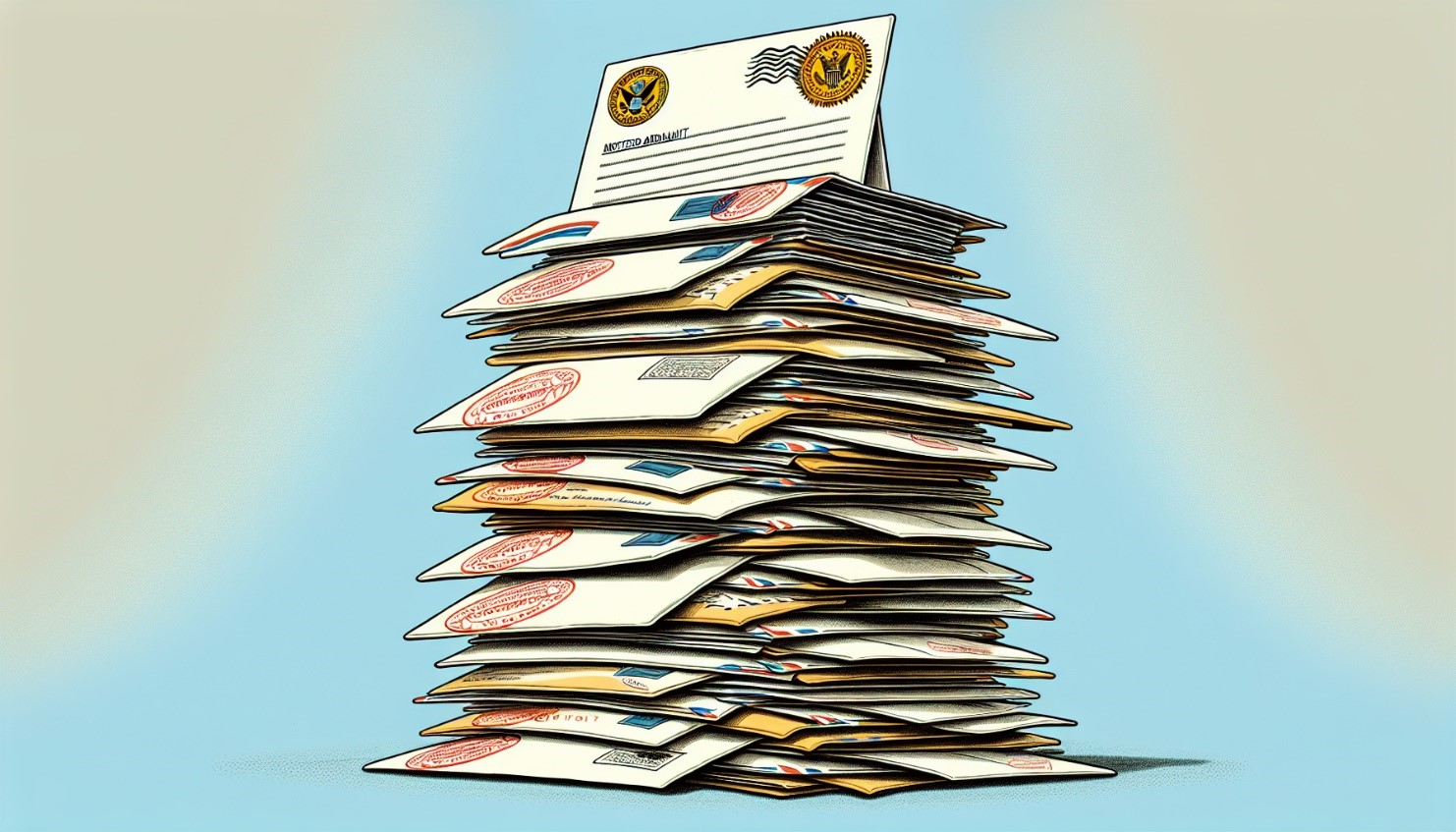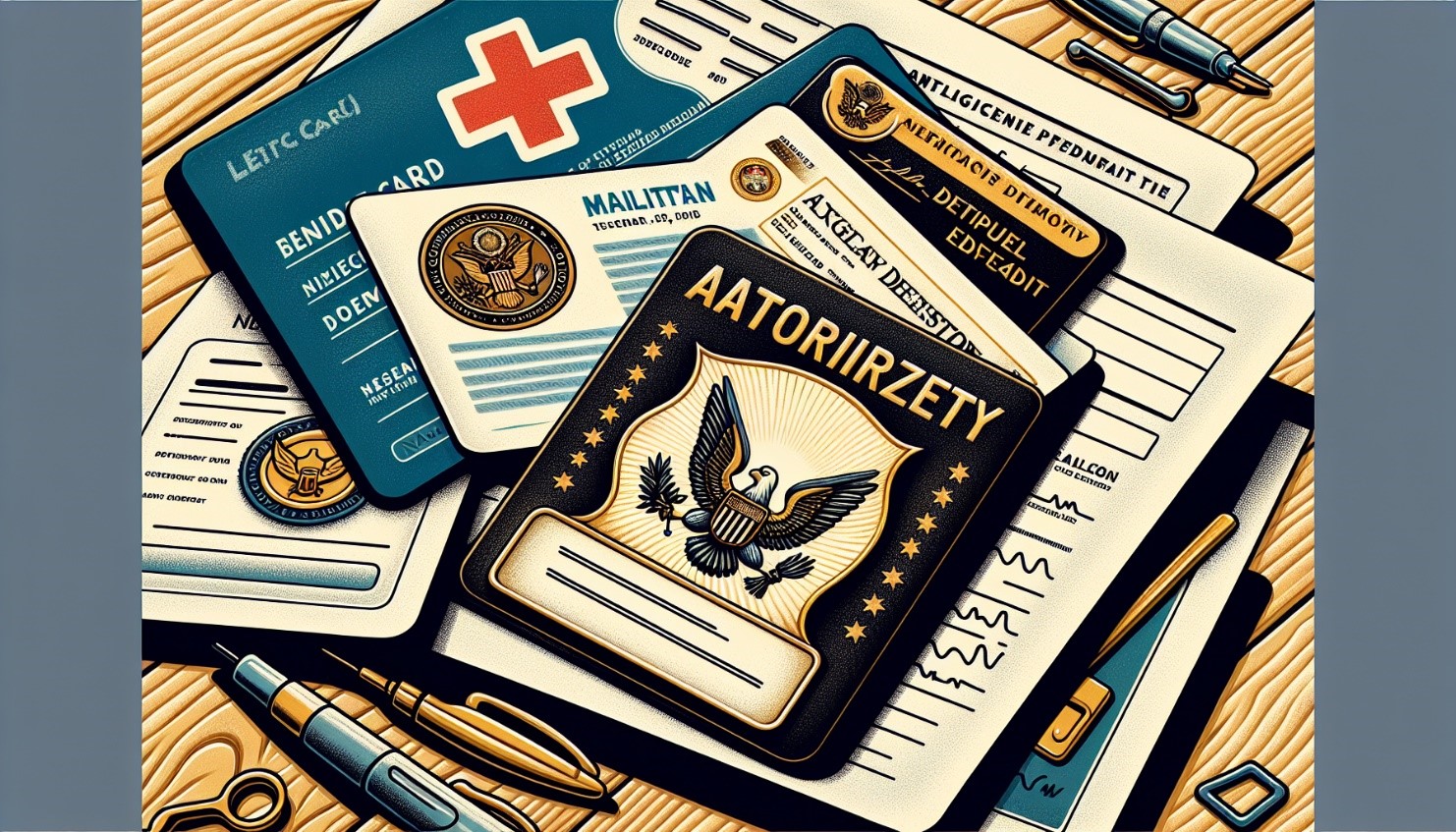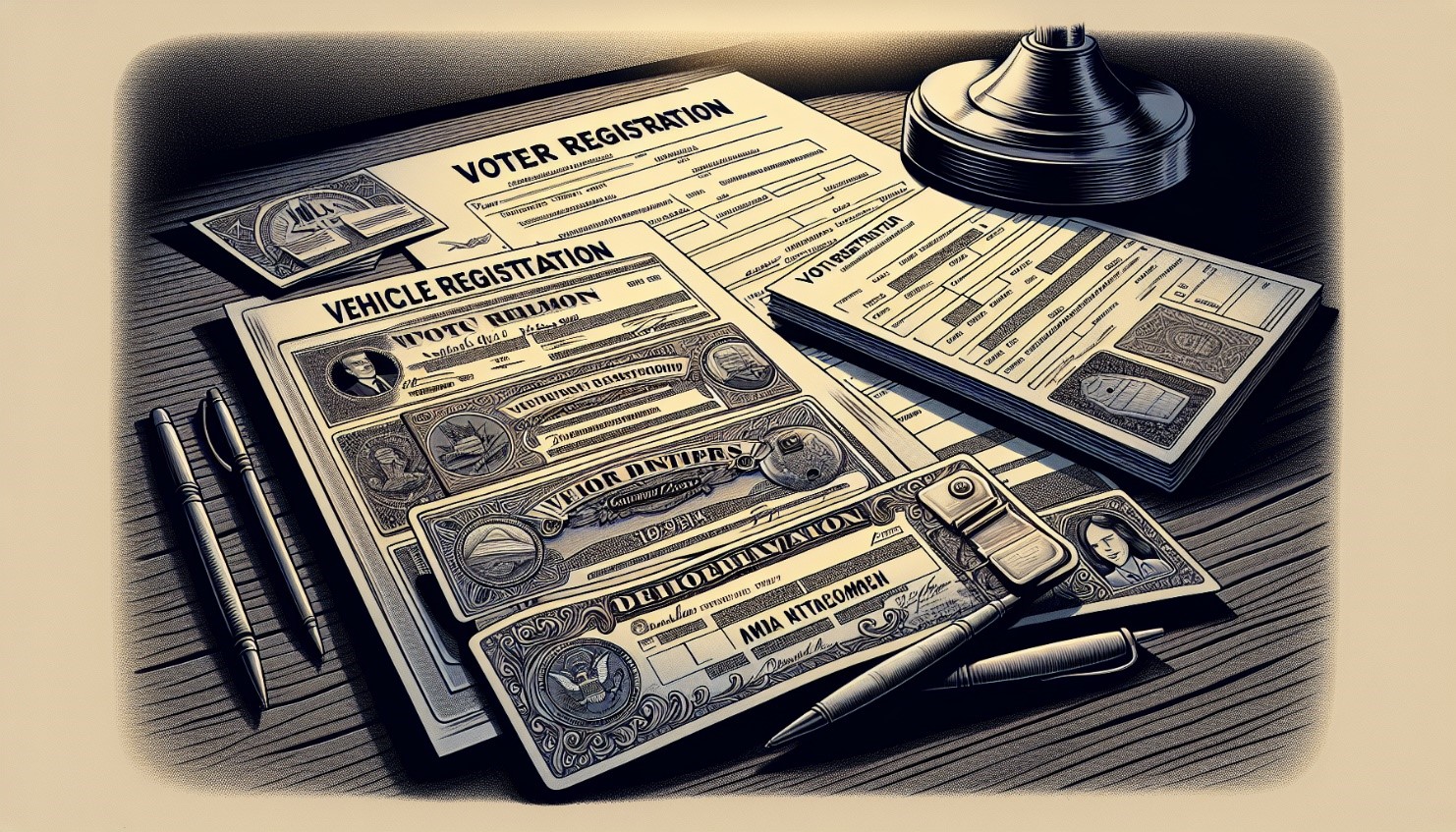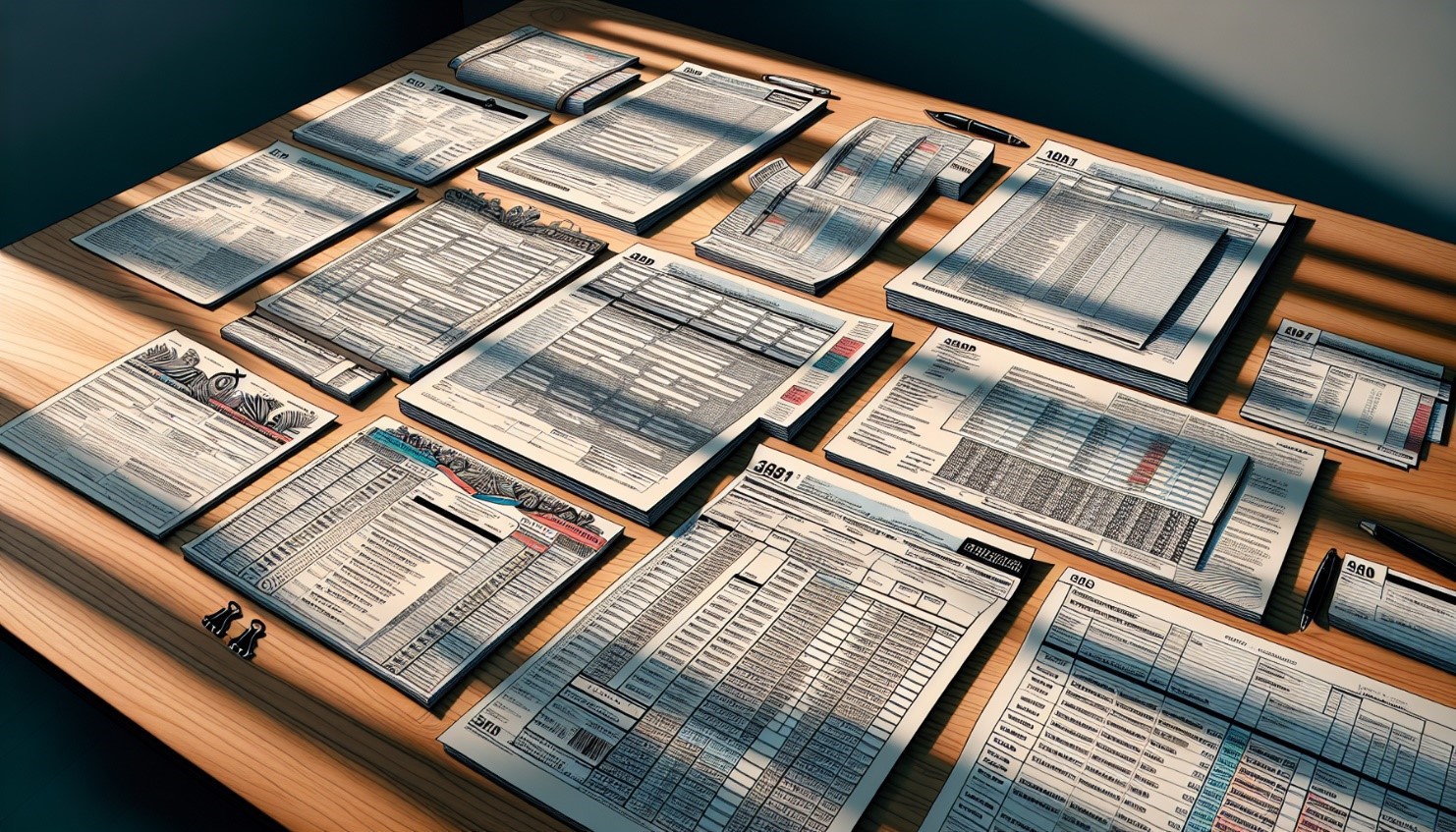Establishing Your Home Base: How to Prove Residency Without Bills
Proving your residency without bills can seem challenging. Whether updating personal documents or meeting legal requirements, you may need to verify your living situation. This guide walks you through alternative methods on how to prove residency without bills, even when they are not an option. Discover supportive documents and solutions to authenticate your address with confidence.
Key Takeaways
- Individuals can verify their residency through a variety of documents besides utility bills, including lease agreements, bank statements, government-issued IDs, employment and educational records, vehicle and voter registration, and even letters from landlords or employers.
- Financial and insurance documents such as bank statements, tax forms, mortgage statements, and insurance policies are also powerful tools for proving residency, reflecting a physical address and personal information.
- Digital proof is increasingly accepted for residency verification, allowing individuals to use online bank statements and e-bills as valid proof of address; however, it is essential to ensure these digital documents are up-to-date and accepted by the relevant authorities.
Navigating Residency Verification Without Utility Bills

Picture this: you’re setting up a new life in a cozy apartment, eager to make official changes—like updating your driver’s license. But there’s a catch. You need to prove your residency, and the usual suspect—a utility bill—is conspicuously absent from your document stack. This is a common puzzle, but the solution doesn’t have to be a headache. With an array of alternatives at your fingertips, proving where you hang your hat can be simpler than you think.
Some alternatives to a utility bill for proving residency include:
- A lease agreement or rental contract
- A bank statement or credit card statement
- A government-issued document, such as a tax return or voter registration card
- A letter from a landlord or employer confirming your residency
- A notarized affidavit from a family member or friend who can vouch for your residency
By using one of these alternatives, you can easily prove your residency and complete your official tasks.
From bank statements to notarized affidavits, and even postal service change-of-address confirmations, the ways to verify your residency are as varied as they are reliable.
Bank Statements as a Staple for Address Verification
A bank statement: mundane, yet mighty. This financial snapshot not only watches over your transactions but also stands as a bastion of address verification.
When it comes to proving your abode, a bank statement is the knight in shining armor—provided it’s recent, bears your name, and showcases your current residential address. Remember, your statement’s power fades as time passes, so ensure it’s dated within the last three months for it to serve as a valid key to your residence.
The Role of Government-Issued IDs in Residency Proof
Now, let’s talk about another heavyweight in the proof of residency ring: government-issued IDs. Flashing a driver’s license or state identification card is like showing a universal passport to residency proof. These IDs carry weight because they come stamped with government approval, your photo, and that all-important residential address.
Even a Military ID can serve as your wingman in proving where you reside, given its robust backing by a government agency and other government agencies and their authority.
Lease Agreements: A Contractual Path to Proving Your Home
If you’ve ever signed on the dotted line of a lease agreement, you’ve held a powerful tool for residency proof without even knowing it. This document is not just a contract; it’s an officially recognized testament to your dwelling place, especially if you’ve recently turned a new house into a home. For the lease agreement to stand up as proof, remember to keep your address updated across necessary service providers and agencies.
This ensures that when you wave that lease in the air, it’s not just paper—it’s proof.
Proving Where You Live with Personal Documents

The quest to establish residency doesn’t stop at official forms and financial statements. In fact, everyday documents can be your unsung heroes. Think about it: your medical card, a letter from Uncle Sam confirming your government benefits, or even a notarized affidavit from your roommate can unlock the door to proving your residency.
These personal address documents come with a unique strength—they’re commonly accepted proof of where you reside, often overlooked in the hustle of life but surprisingly potent in their purpose. As an acceptable document, they hold significant value in various situations, and knowing which ones are considered acceptable documents can be crucial.
Employment Documentation: Pay Stubs and Employer Letters
Let’s shift gears to the workplace. Your employment documents are more than a record of your professional life—they’re also a beacon of your residential status. A pay stub, for example, typically has your name and address printed right there, clear as day.
Or perhaps your employer can draft an official letter on company letterhead, verifying your address—another solid piece of the puzzle in proving your residency.
Educational Records: More Than Just Grades
For the scholars among us, educational records are not just a testament to academic achievements—they’re also a mark of where you’ve laid your books to rest. Transcripts, enrollment papers, and even that student ID card in your wallet can play a pivotal role in verifying your residency.
If you’re residing on campus, a confirmation of residence from the Dean’s Office can complement your student ID, making it a formidable duo in establishing your abode.
Vehicle and Voter Registration as Residential Evidence

Steering away from personal documents, let’s cruise into the realm of government registration documents. Your vehicle’s registration card, fresh from the DMV, is a ticket to residency proof, linking your name to your address with official ink. And let’s not forget the voter registration card—this little slip of democracy not only empowers you to cast your ballot but also serves as a solid statement of where you call home.
Driving Home Your Address with Vehicle Registration
Your vehicle is more than a means to get from A to B—it’s a moving declaration of your residence. The registration card issued by the authorities is a snapshot of your address, and it must be current and original to count. Remember, though, that P.O. Box addresses won’t make the cut; it has to be the real deal, a physical address where you park your dreams at night.
Casting Your Address: Voter Registration Cards
Voter registration cards carry the weight of your civic duty and your residence. When you register to vote, you’re not just joining the ranks of responsible citizens; you’re also documenting where you stand—quite literally—in your community.
As long as the card is current and the address matches the one on your application, you’re set to prove your residency.
Financial Documents Beyond Bank Statements

Bank statements aren’t the only financial documents that can flex their muscles in the ring of residency proof. Tax forms, like the trusty W-2 or those 1099s from your side gigs, can serve as evidence of your residential ties.
Investment and retirement account statements, too, are more than just a nest egg for your future—they’re a nest for your proof of address.
Mortgage Statements: Building a Case for Your Residence
For homeowners, a mortgage statement is like a banner unfurled across your front lawn, declaring your residency to the world. This document doesn’t just show that you pay for a place; it shows you’re planted there, roots and all. The name and address on your mortgage statement are a dynamic duo, solidifying your claim to your slice of the neighborhood.
Insurance Policies: Coverage That Confirms Your Address
Let’s talk protection—insurance policies, that is. Whether it’s for your car, home, or health, these policies do more than shield you from life’s what-ifs; they confirm where you rest your head at night. Your insurance cards are mini ambassadors of your address, ready to step up and prove your residency whenever you need them to.
Digital Solutions for Paperless Proof

In a world where digital reigns supreme, paperless proof of address is not just convenient; it’s the new normal. Online verification solutions have sprung up like digital daisies, offering a quick and accessible way to solidify your residency from the comfort of your keyboard. These modern marvels can be a boon, especially when you’re trying to prove residency in a pinch, but always double-check that digital proofs will be accepted as valid proof before you click ‘print’. To ensure a smooth process, it’s essential to verify proof of address documents for their authenticity and accuracy.
Online Bank Account Management: Simply Print a Statement
Gone are the days when you had to wait for a bank statement to arrive by carrier pigeon. Now, a few clicks in your online banking platform, and voila—your current address is on display for all your residency-verifying needs. Just remember to keep your address up to date with your bank to ensure your digital statement stands up to scrutiny when you print it out.
Utility Providers’ Digital Platforms: Accessing E-Bills
If you’ve embraced paperless billing, your utility provider’s digital platform is your ally. Log in, and with a few taps and swipes, you can conjure up an e-bill that serves as a beacon of your residency. Whether you print it out or have it mailed, this electronic document is as legitimate as its paper ancestor when it comes to proving where you power your life.
Special Considerations for Unique Situations
Life’s tapestry is woven with varied threads, and so are the ways we prove where we live. For those of you who find yourselves in unique living arrangements or have recently moved countries, standard documents may not apply.
Instead, you might lean on an Affidavit of Residence or even consulate registration to demonstrate your domicile.
New Country, No Bills: Proving Residency for New Residents
Starting afresh in a new country brings its own set of challenges, and proving residency is a big one. Instead of bills, an Affidavit of Residence becomes a critical document—a sworn statement that you’re part of the community.
Immigration documents and consulate registrations can also lay the groundwork for your new home, offering concrete proof of your residential status.
When You’re Not the Bill Payer: Options for Roommates and Young Adults
For roommates and young adults living with parents, the question of proof often hangs in the balance. Fear not, for vehicle registration documents or a letter stating residency from the homeowner can come to the rescue. If you’re using documents in someone else’s name, remember to pair them with proof of relationship—a certified marriage certificate or birth certificate might just do the trick.
Summary
As we’ve journeyed together through the labyrinth of residency verification, one thing is clear: there’s more than one way to establish where you live, even without a utility bill in hand. From the solidity of a bank statement to the digital convenience of an e-bill, the proof you need could be nestled in your personal documents, your vehicle registration, or even your insurance policy. Embrace these alternative pathways, and you’ll find that proving your residency can be an opportunity to explore the diverse documents that narrate your life’s journey.
Frequently Asked Questions
What is the easiest proof of address?
The easiest proof of address is usually a utility bill, credit card statement, or lease agreement. These are accepted by most institutions.
How do I prove residency without bills in Florida?
You can prove residency in Florida without bills by using your current Florida voter registration card, a declaration of domicile from the county clerk’s office, or a Florida homestead exemption. Landlord certification is no longer accepted as proof of residency.
How do I prove my old address?
You can prove your old address by using evidence such as census records, voting lists, real estate records, tax records, and city directories, which are often available at local public libraries. Good luck!
How do I prove residency in the US?
You can prove your residency in the US by providing a copy of your U.S. passport, U.S. civil issued birth certificate, alien registration card, or naturalization/citizenship certificate. Additionally, you can also provide property, income, or other tax forms, utility bills, leases or rent payment records, or documents showing your participation in a social services program in the United States.
Can I use a credit card statement as proof of residency?
Yes, you can use a credit card statement as proof of residency if it includes your name and current address.
